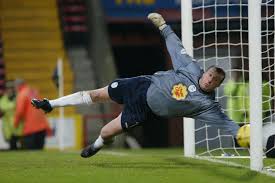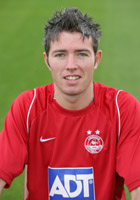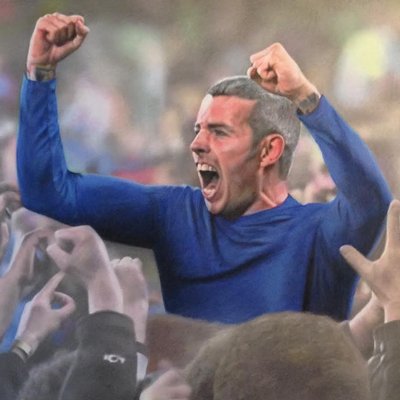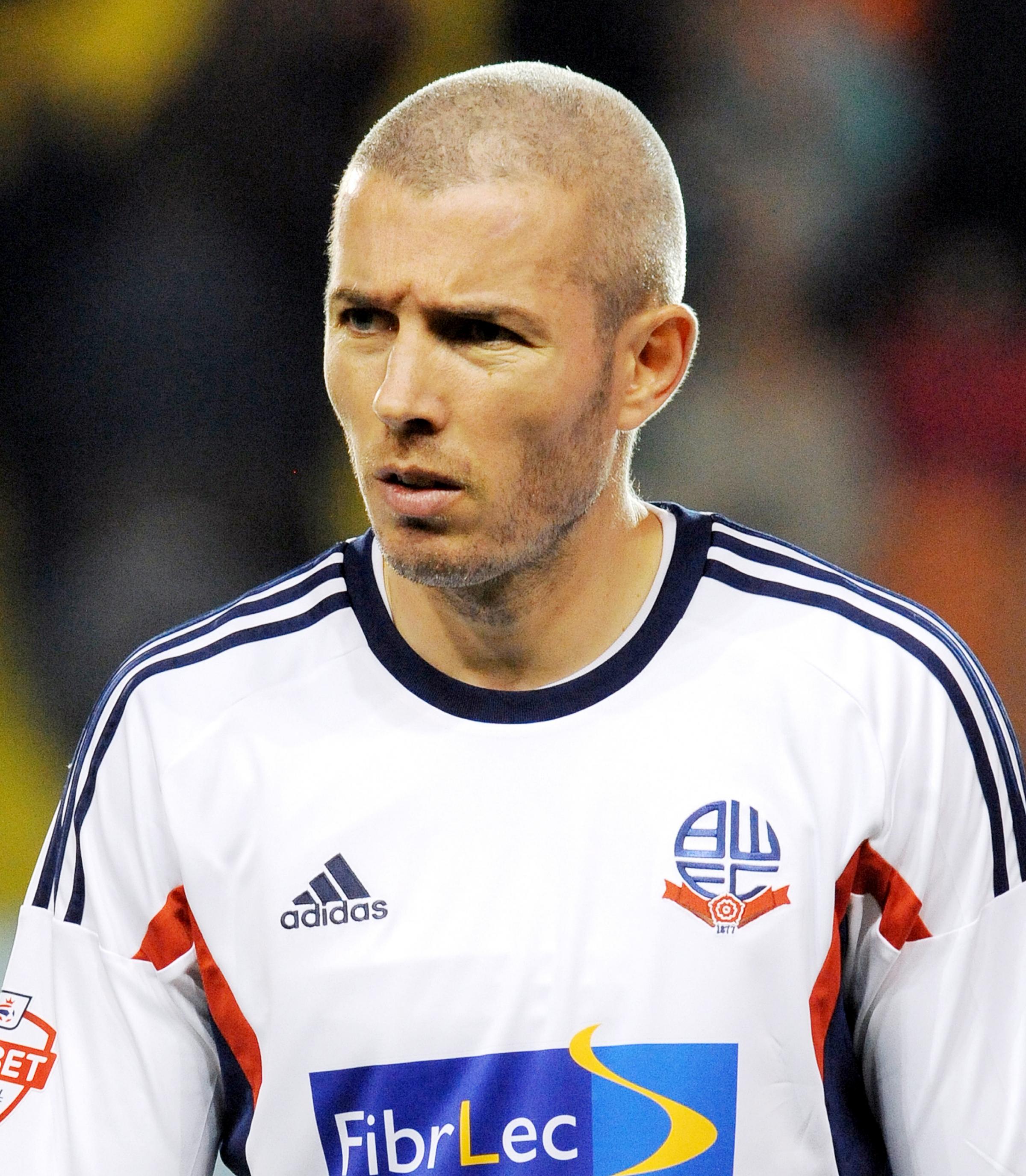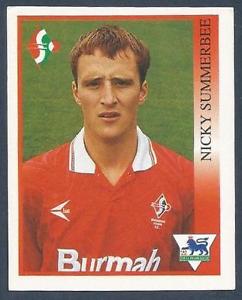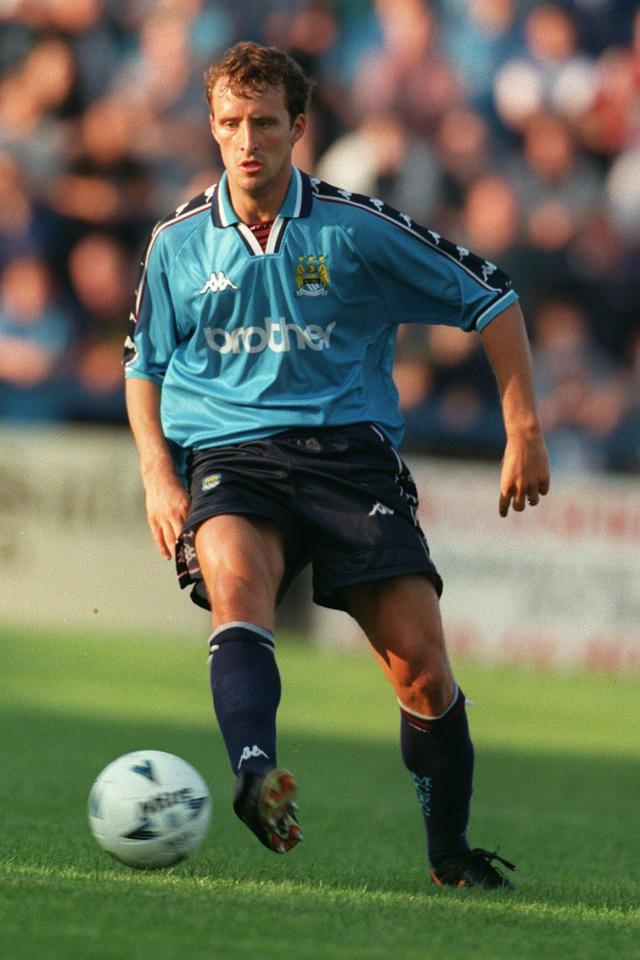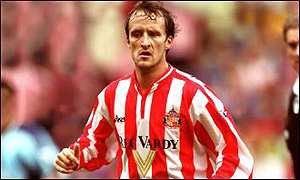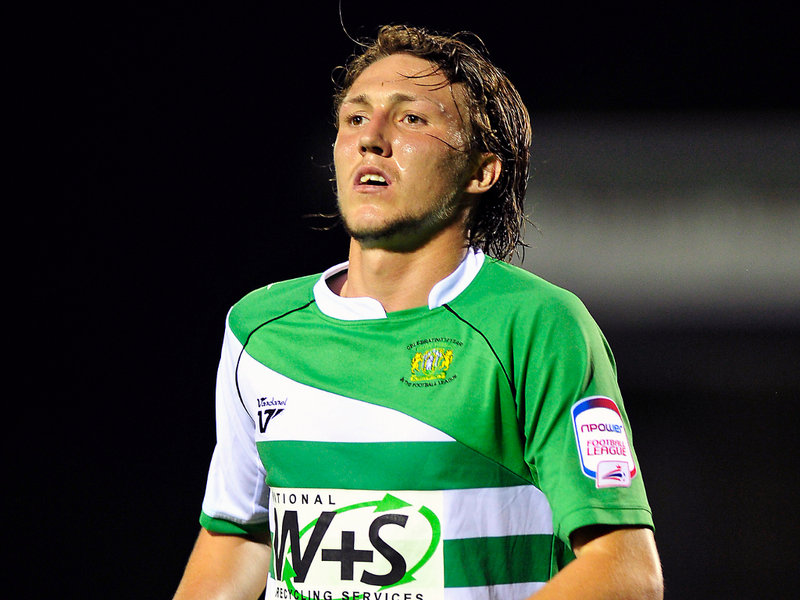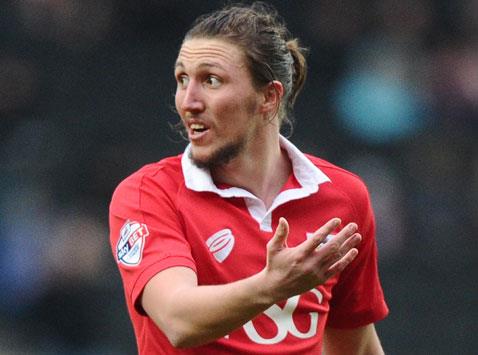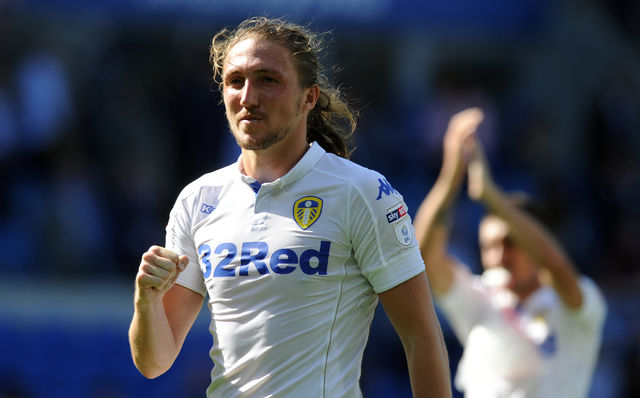Kevin Pressman is a Sheffield Wednesday legend who had the notable record of being given the quickest ever red card.
Just 13 seconds into a game against Wolves, he came out of his box and handled the ball leading the referee to brandish the red card. This was a very unfortunate moment but the referee was given no choice. Maybe this is what he is remembered for but it shouldn’t be as he was an outstanding keeper and produced when it matter most. One of the best goalkeeping performances ever was his in a Steel City Derby against Sheffield United.
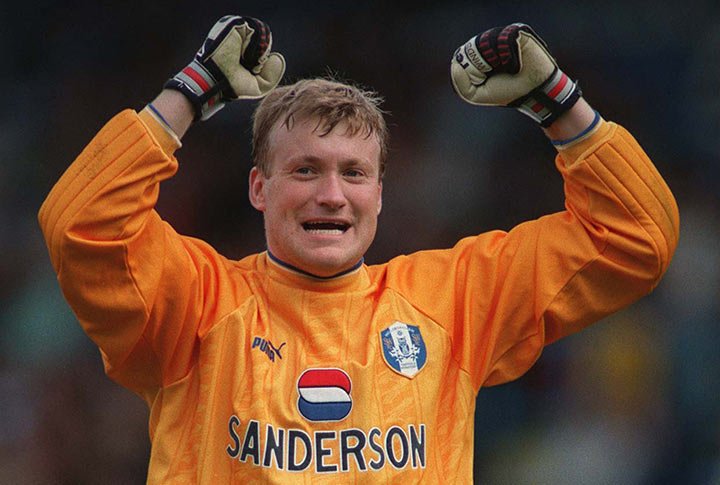
The keeper started his career at Sheffield Wednesday, where he would stay for 19 seasons, but it was nearly over before it even started, with Pressman suffering a cruciate knee ligament injury and kept him out for nine months. He made his debut against Southampton in 1985 and had to wait a number of years to become the club’s first choice. He was a regular in cup competitions and was very unfortunate not to play in the 1991 League Cup final with the manager going for Chris Turner despite the fact that Pressman had played in every round.
A loan spell in 1992 at Stoke City gave him a bit more experience and he finally became The Owls’ number one during the 1993-94 season and would keep hold of the shirt for the majority of games right up until the 2003-04 season. Unfortunately during this period he was one of the few consistent performers as the club were relegated from the Premier League and then never really got close to promotion from Division One. Things did get worse as they were relegated from Division One in his penultimate season.
His last and 478th game for the club came on the final day of the 2003-04 season against QPR before being released. He was quickly signed up by Leicester City and despite being considered a backup he went on to make 13 Championship appearances throughout the season. He only spent one year there before joining Leeds United, where he never played a game and then on to Mansfield, managed by former teammate Carlton Palmer.
He played 41 times in League Two and was a popular player but decided it was time to hang up the gloves. However, he had one final stint as a player at Northern Irish side Portadown, where he had an incredible time, helping the team climb the table and was also named their Player of the Year.
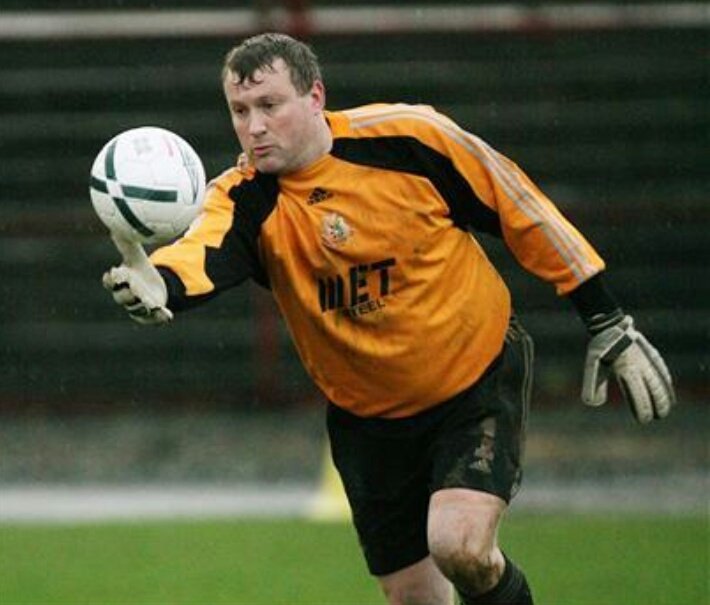
Something worth checking out is not only his penalty saves but also his penalty taking ability. His effort against Watford in the FA Cup is definitely worth checking out as well as a couple of others.
The final word can go to an artice in the Sheffield Star who named Pressman as the club’s fourth best player of the century. “One of the best goalkeepers Wednesday ever had- dependable and more agile than you would expect from looking at him.”

